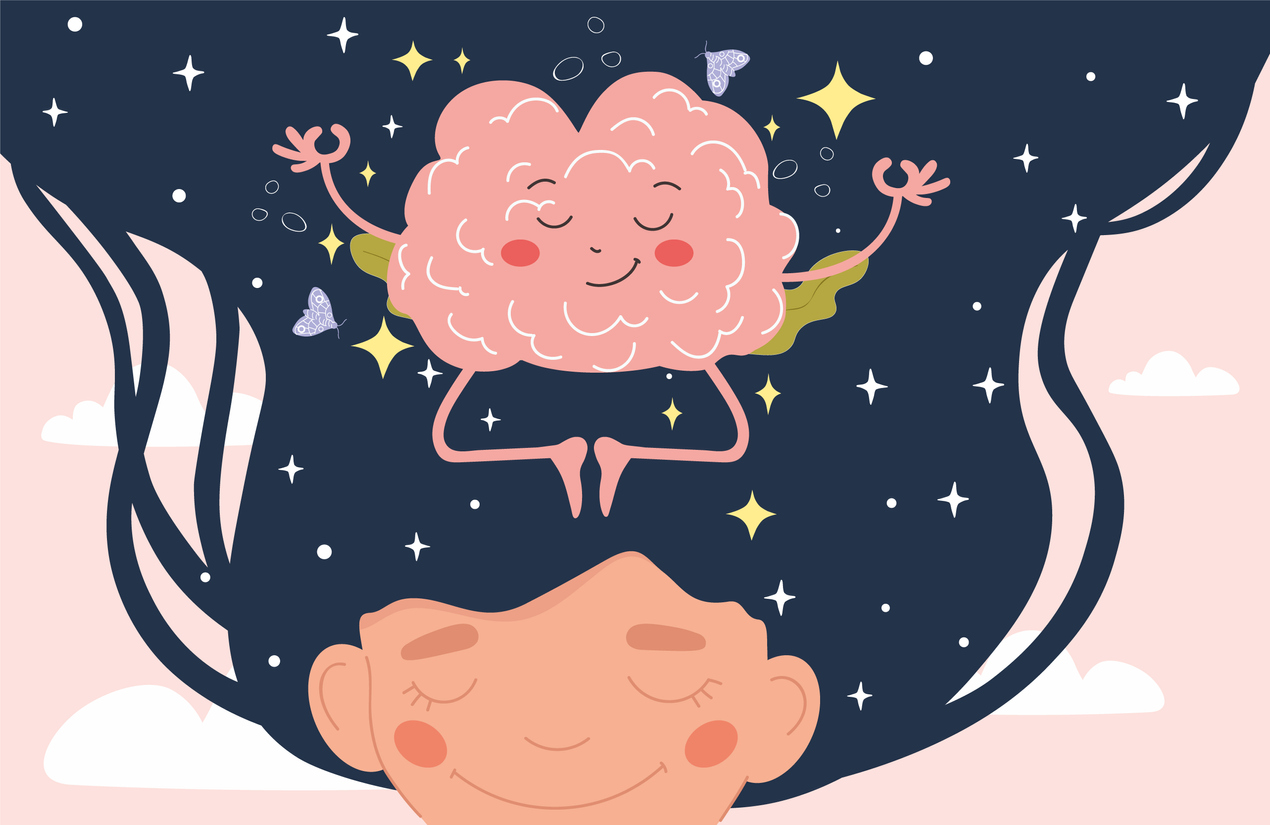Living with Chronic Pain
The Dangers of Suppressed Rage

Living with chronic pain can cause resentment, frustration and anger. Society tends to believe that anger is dangerous and therefore should be avoided. However, anger serves a function and is a natural emotion. Although it is a biological-driven emotion, suppressed anger can interfere with pain management and cause diverse health problems.
Repressed anger or rage leads to adverse reactions to emotional and physical well-being. If it goes unaddressed, it can amplify and cause detrimental effects for the person experiencing it and others around them. Despite the fact that rage can be conveyed harmfully, there are also healthy ways to express it.
Self-neglect
By refusing to give space to anger, a person is also refusing to offer that same space to themselves. Anger is an emotion that can reveal needs and values. Working through anger healthily involves having constructive conversations and setting boundaries. Although suppressing anger gives a sense of “keeping the peace,” unresolved rage is likely to explode later. Anger can also help a person advocate for themselves.
Self-righteousness
Repressed anger can manifest as self-righteousness when paired with perfectionist or obsessive-compulsive tendencies. Resentment can build either because a person cannot meet their own unrealistic standards or because others around them fail to do so. Their self-hate and resentment towards others, when left untouched, can expand into rage that seems to appear out of nowhere.
Passive-aggressiveness
Stifled anger can cause passive-aggression to manifest in a multitude of ways. This includes avoidance, sarcasm, guilt trips, stubbornness, deliberate forgetfulness, and intentional poor performances. Passive aggression is an attempt to express anger without actually saying it aloud. Although this may seem easy, it actually becomes complicated because the issue is not directly addressed.
Depression
Repressed anger can develop into depression when turned inwards. Unaddressed rage or frustration can result in a person’s internal monologue becoming self-critical and belittling. An inordinate amount of shame or guilt can fester. Negative self-talk, shame, and guilt increases the likelihood of developing depression.
Paranoia
While some may bridle anger and rage, others tend to project it outwards. Suppressing anger causes difficulty understanding or acknowledging the reasoning behind it. It may be easier to project those feelings onto others. This results in seeing people, places, things and situations as dangerous or hostile.
Relationship issues
Communication is a very important part of maintaining healthy relationships. By smothering anger and not discussing it, serious divisions can occur in someone’s personal life. Passive-aggressiveness and self-righteousness also cause loved ones to feel attacked when interacting with individuals dealing with suppressed anger.
Physical symptoms
A wide array of physical symptoms can appear or worsen as a result of repressed rage, especially when dealing with chronic illness. The physical symptoms can then increase anger, creating a vicious cycle. It is essential to have a comfortable space to express anger and rage. Physical complications associated with anger include, but are not limited to, the following:
- Muscle tension
- Pain
- Nausea
- Digestion issues
- Fatigue
- High blood pressure
- Lethargy
- Headaches
- Skin disorders
- Heart problems
Additional sources: Psychology Today and Psychology Today


















